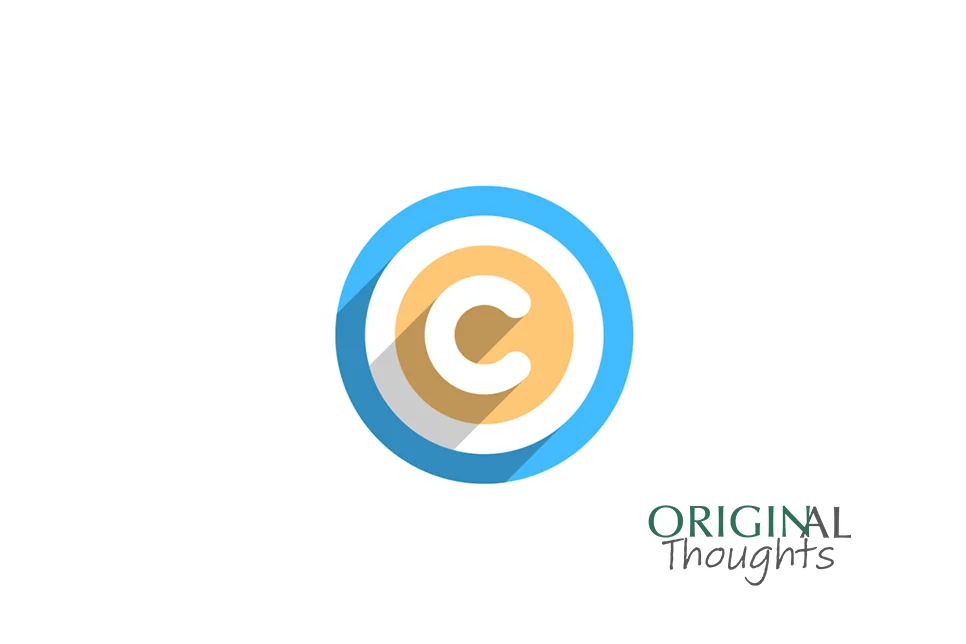In this second of three posts on the theme of reviewer training as a form of engagement to both increase reviewer invitation acceptance rates and elevate review standards, we look at a variety of training programs that have already been implemented. This endeavor was not a methodologically driven academic exercise. Instead, the purpose of this post is simply to collate some potentially inspiring programs that journals and societies may consider emulating. The final post in this series will reflect upon the issues associated with implementing a peer reviewer-training program.
In the summer of 2020, when I was still the vice president of publishing for the American Gastroenterological Association (AGA), our editorial staff and editors were moved to reflect, as many in our industry were, on how we might rise to the call of ensuring our family of journals was diverse, equitable, and inclusive. On the face of it, we could see that our boards of editors were lacking diversity—but that observation was without data (we didn’t collect demographic information about our editors). Furthermore, we didn’t systematically collect such data on our authors or reviewers, and so while we had a sense that stark disparities and inequities likely existed within our portfolio, we lacked the necessary information to support that thought. It was then that we realized initiating change would be a complex and multi-layered effort. And for me personally, I took a step back and began to educate myself on the scale of these issues and their impact on the entire research ecosystem.
Understanding copyright protection and providing proper support on copyright-related issues presents several challenges for editorial professionals. Over more than a decade of work with authors, editors, and publishers, I have encountered many authors who believe that all they are required to do, before reusing any material, is to credit the original source. Others assume that because an image is available on a website, it can be freely used. Still others realize that permissions are required, but try and get around this by “recreating” the material. Despite this confusion, at its core, copyright law is quite simple: authors must obtain permission from the rights holder to reuse any copyrighted material. Elsevier explains: “As a general rule, permission should be sought from the rights holder to reproduce any substantial part of a copyrighted work. This includes any text, illustrations, charts, tables, photographs, or other material from previously published sources.”
Sometimes a journal’s list of requirements may seem daunting, especially when authors are eager to have their latest research published as soon as possible. Is it necessary that every submission adhere to all established policies? In a word, yes. But why? Policies like those described below are meant to protect not only journals, but also authors, to prevent discrepancies, disagreements, or even legal issues after publication. Policies are usually created because of an issue that has arisen at a journal in the past. When possible, journals should be proactive in their policy creation and then revisit policies routinely. For the sake of transparency, it is crucial that a journal clearly defines all its policies so that authors are fully informed of the expectations prior to submitting.
No matter what you are reading, watching, or listening to, everyone today is talking about ChatGPT and how it can help our daily lives and, perhaps, even our work.
Journals are struggling to secure peer reviewers. The process is slow, cumbersome, and inconsistent in terms of delivering on the promise of guaranteeing validation and ensuring published research is of a sufficient quality to enhance our understanding on a given topic and allow for reproducibility. But the typical journal management of reviewers is entirely transactional: reviewer is asked to evaluate a manuscript, reviewer provides comments, everyone moves on. With obvious motivations to review diminishing in the eyes of some reviewers, should journals do more to give back and reward the hard work of their reviewers? One approach might be for journals to offer training, especially for early-career researchers. After all, learning how to evaluate a manuscript develops eminently transferable skills that can, in turn, improve authoring and study design proficiencies.
Earlier this year, we published a report entitled Diversity, Equity and Inclusion in Educational Content: What You Need to Know Now, providing publishers with a starting point and ongoing solutions for how to make their content more representative of the audience engaging with it.
Having a clearly written and transparent authorship policy on your journal website can have its benefits. For example, potential submitters will see what the journal expects of them, as well as what their responsibilities are, before they agree to submit to your journal. Because the policy is public, it will also be used as a tool in the Editorial Office when policy isn’t followed and will be easily referenced in communication with the author.
The United Nations Sustainable Development Goals (SDGs) have undoubtedly been among the hottest topics on the scholarly publishing agenda since we’ve come out of the pandemic.










